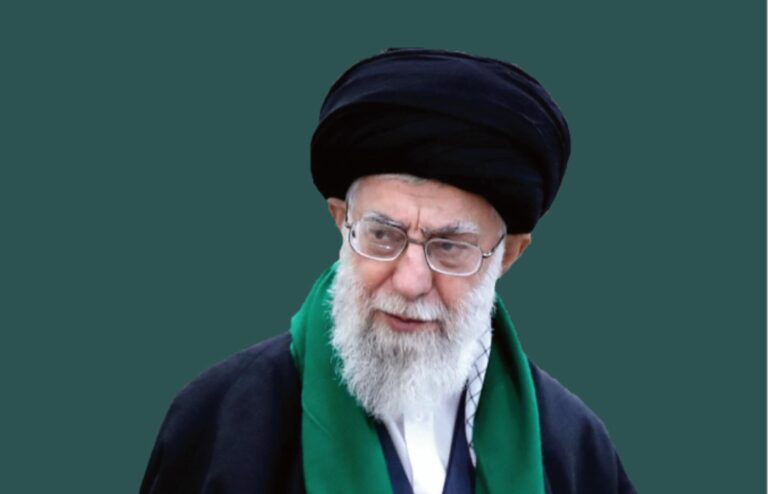Quoting Israeli soldiers who fought in the offensive, the Haaretz newspaper reported on Thursday that soldiers had also ransacked and destroyed civilian property.
The soldiers’ testimony, made at a course at Oranim Academic College in Tivon, runs counter to the Israeli army’s claims that troops observed a high level of moral behaviour during the operation.
The testimonies include a description by an infantry squad leader in which he relates an incident where an Israeli sharpshooter shot a Palestinian mother and her two children, Haaretz reported.
If proved, the soldiers’ testimonies could lead to war crimes charges against Israel.
The Israeli army issued a statement in response to the Haaretz article saying it would look into the veracity of the allegations and investigate them if necessary.
‘Damaging testimonies’
Al Jazeera’s Ayman Mohyeldin, reporting from Jerusalem, said: “Throughout the 22-day war the Israeli military had the position that it was not targeting civilians … but now, for the first time since the end of the war, Israeli soldiers are coming forward with first-hand accounts of the types of military operations they were engaged in.
“These are very damaging testimonies coming in from the soldiers … it could be a very problematic issue for the Israeli military.
“Now the Israeli military is saying it will thoroughly investigate and is now encouraging the discussion by officers about any incident or incidents that may have been a violation to the rules of engagement.
“The important point to remember is that the Israeli military does not publish its rule of engagement, so it will be very difficult for the public to juxtapose the soldiers’ testimonies with what is actually allowed by the Israeli military, in terms of operations and conduct during the war.”
Mikhael Manekin, from Breaking the Silence, an organisation of veteran Israeli soldiers gathering evidence on the Gaza war, said the testimonies in Haaretz corroborate the group’s findings.
“The testimonies are very similar to what we have been collecting … when soldiers are usually talking about incriminating themselves, I don’t find any reason to doubt their stories,” he told Al Jazeera.
Haaretz quoted one soldier as saying: “There was a house with a family inside … We put them in a room. Later we left the house and another platoon entered it, and a few days after that there was an order to release the family. They had set up positions upstairs. There was a sniper position on the roof.”
Shooting without warning
“The platoon commander let the family go and told them to go to the right. One mother and her two children didn’t understand and went to the left, but they forgot to tell the sharpshooter on the roof they had let them go and it was OK, and he should hold his fire and he … he did what he was supposed to, like he was following his orders,” it said.
The paper said that the squad leader argued with his commander over the rules of engagement, which he said allowed the clearing of houses by shooting without warning residents beforehand.
Israel launched its offensive on the Hamas-run Gaza Strip in December saying it aimed to stop rocket fire by Hamas into southern Israel.
A ceasefire was declared on January 18 after the offensive left 1,300 Palestinians dead, many of them women and children. Three Israeli civilians and 10 soldiers were killed during the offensive.
Haaretz reported that after the orders were changed, the squad soldiers complained that “we should kill everyone there [in the centre of Gaza]. Everyone there is a terrorist”.
Legal protection
Danny Zamir, the head of the pre-military course, said on Wednesday that he did not know in advance what the soldiers would say, and what they said “shocked us”.
He said that after hearing the soldiers, he told Gabi Ashkenazi, Israeli’s chief-of-staff, about his fears of a serious moral failure in the army.
The chief-of-staff’s bureau requested a copy of the transcript of the discussion, and Zamir provided it, Haaretz reported.
Israel has said it will give legal protection to soldiers who fought in the offensive, according to Ehud Olmert, the outgoing Israeli prime minister.
Olmert said recently that he had appointed Daniel Friedman, the justice minister, to chair an inter-ministerial committee “to co-ordinate Israel’s efforts to offer legal defence for anyone who took part in the operation”.






